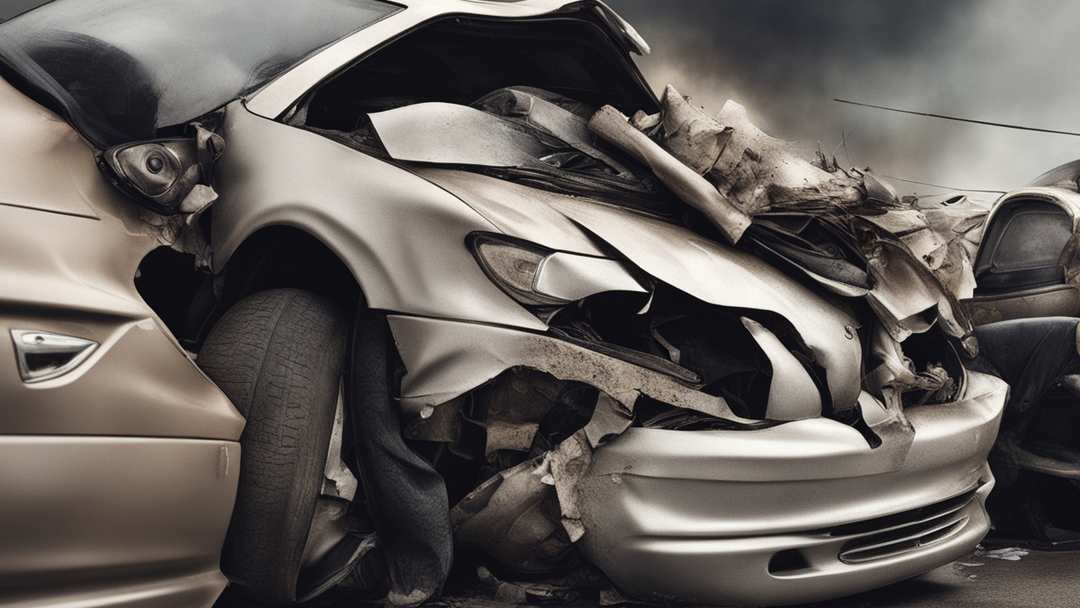Michigan Criminal Laws FAQs Drunk Driving (Operating While Intoxicated - OWI)FAQ 1: What is the legal blood alcohol content (BAC) limit in Michigan? Answer: In Michigan, the legal BAC limit for operating a vehicle is 0.08% for individuals 21 years of age or older. For...

I am going to Canada – Can I bring my cannabis?
Borders and Cannabis and Money
Ferengi Rule of Acquisition #41. Profit is its own reward.
If you bring your own cannabis to Canada. How does the Canadian government profit?
They don’t so they will punish you if you get caught.
It’s simple. It’s about the money. That is the only reason it is now legal.
You’re Not Welcome Here in Canada
Inadmissibility Due to Cannabis Conviction: If you ever find a reason to go to Canada and there aren’t that many. If you have a prior arrest or cannabis conviction, there’s a chance you may be turned away at the Canadian border. A DUI? Just stay home.
If you really must go. Seeking legal advice from an immigration expert is advisable in such cases.
Criminal Law FAQs – Operating While Intoxicated (DUI – OWI)
Criminal Sexual Conduct (CSC) – Michigan
Criminal Sexual Conduct (CSC) in Michigan: Definitions, Penalties, and Legal References.Criminal Sexual Conduct (CSC) is a set of laws in Michigan that define and penalize various forms of sexual offenses. These laws are categorized into four degrees, with each degree...
From Canada.ca The official website of the Government of Canada
Drugs, alcohol and travel
It is illegal to take cannabis – including products containing cannabis, such as edible cannabis, cannabis extracts and cannabis topicals, and all products containing CBD – across the Canadian border, whether you are entering or leaving the country:
- No matter how much cannabis you have with you.
- Even if you use cannabis for medical purposes in any form, including cannabidiol (CBD), unless authorized by Health Canada.
- Even if you are travelling to or from a municipality, state or country where cannabis has been legalized or decriminalized.
At your destination
If you travel to other countries, including the United States, with any amount of cannabis in your possession, you could:
- be charged with a criminal offence (This applies to all countries, whether cannabis is legal there or not.)
- be denied entry at your destination if you have previously used cannabis or any substance prohibited by local laws
- be denied entry to other countries in the future
For more information, consult our Travel Advice and Advisories.
Returning to Canada
Not declaring cannabis in your possession at the Canadian border is a serious criminal offence. You could be arrested and prosecuted.
This information is taken directly from the Canadian Gov website section Drugs, alcohol and travel.
The Law
750.553 Occupancy of building without consent; violation; penalty; exception.
Sec. 553.
Other Articles
Michigan Crime Victim Compensation
Michigan has a crime victim compensation fund. You can contact them using the various links on this page. This post is just to provide you with information. We do not provide any services for this topic.Crime Victims Victims of crime often face lasting repercussions...
The MSP is Concerned About Your Privacy (Vehicle Information)
Is the Michigan State Police really concerned about your Driver License and Motor Vehicle Information privacy?Here's what they say on their websiteThe Michigan State Police (MSP) is committed to protecting the privacy of your potentially personally identifiable data...
The MSP is Concerned About Your Privacy (Biometric Information)
Is the Michigan State Police really concerned about your DNA / biometric privacy?Here's what they say on their websiteThe Michigan State Police (MSP) is committed to protecting the privacy of your potentially personally identifiable data (PPID) in a strong and...
The MSP and Your Privacy (Criminal History)
Is the Michigan State Police really concerned about your criminal history privacy?Here's what they say on their websiteThe Michigan State Police (MSP) is committed to protecting the privacy of your potentially personally identifiable data (PPID) in a strong and...
More Posts
Former 3M scientist who made unsettling PFAS discovery says bosses deceived her
Gee - What a surprise... When a former 3M scientist discovered the company’s chemicals were in human blood in the general population, she says her bosses misled her to...
Drones – What Drones?
Jersey cops launched into the night sky with catapults to throw dreamcatchers at the unknown drones to entangle their props and bring em down! Just kidding - I...
Cash For Kids Judge Pardoned (The Kickback Club)
Biden’s commutation for Judge in ‘kids for cash’ scandal should anger the entire universe.Biden’s commutation in ‘kids for cash’ scandal. BY MICHAEL RUBINKAMUpdated...
Law and Crime News NOT in the Headlines (Update 12-10-24)
Just When You Thought Your Life Was Bad...Law and Crime NOT in the Headline NewsDive Into The Rabbit Hole Don't Forget Why You Were Here At Komorn Law.Call Us When You...
How Much Does It Cost To Hire a Criminal Defense Attorney?
Don't do the crime - if you can't pay the price.Average Flat Fees. Some criminal defense attorneys charge a flat fee for certain types of cases, instead of billing by...
Detroit Renaissance Center Could See Two Towers Knocked Down
Two towers of Detroit’s Renaissance Center would be razed and the complex converted to a mix of housing and offices under an ambitious $1.6 billion plan.Last spring, GM...
What do you do when you are pulled over for suspected DUI?
If you are pulled over for suspected drunk driving you are probably going to be arrested. The less you say - the better off you are in the long run. If you find...
Michigan Problem-Solving Courts Granted Nearly $19 Million
"Data show these programs strengthen communities by reducing crime, boosting employment"LANSING, MI, October 24, 2024 (Substance Abuse Prevention Month) – The Michigan...
Michigan House Bill 5451 of 2024
Michigan House Bill 5451 of 2024: A Step Toward "Safer Communities"Michigan House Bill 5451, introduced by Representative Sharon MacDonell in February 2024, aims to...
Michigan House Bill 5450 of 2024
Step by StepMichigan House Bill 5450 of 2024 is a bill that was introduced by Representative Sharon MacDonell on February 14, 2024. The bill was referred to the House...
















